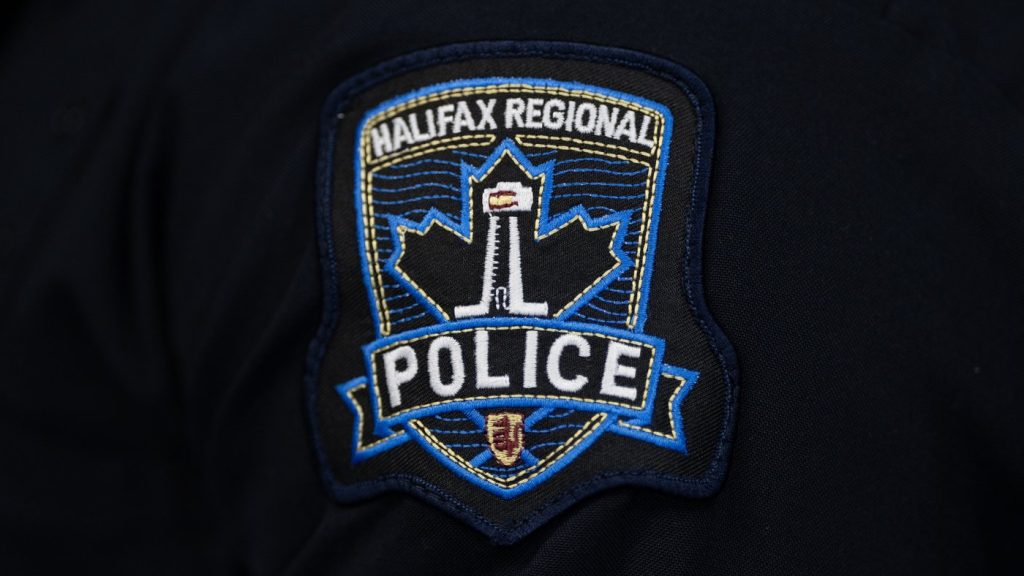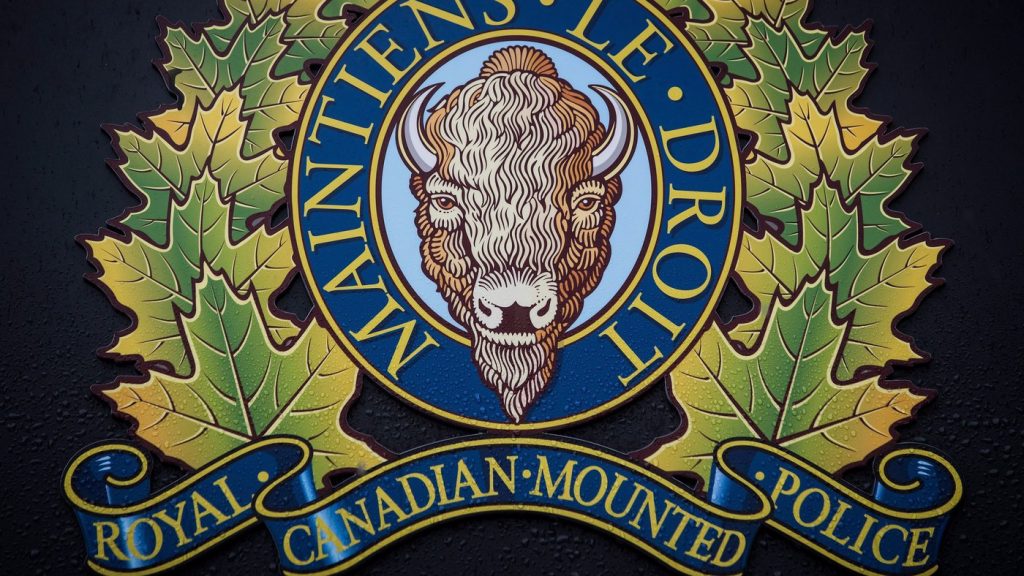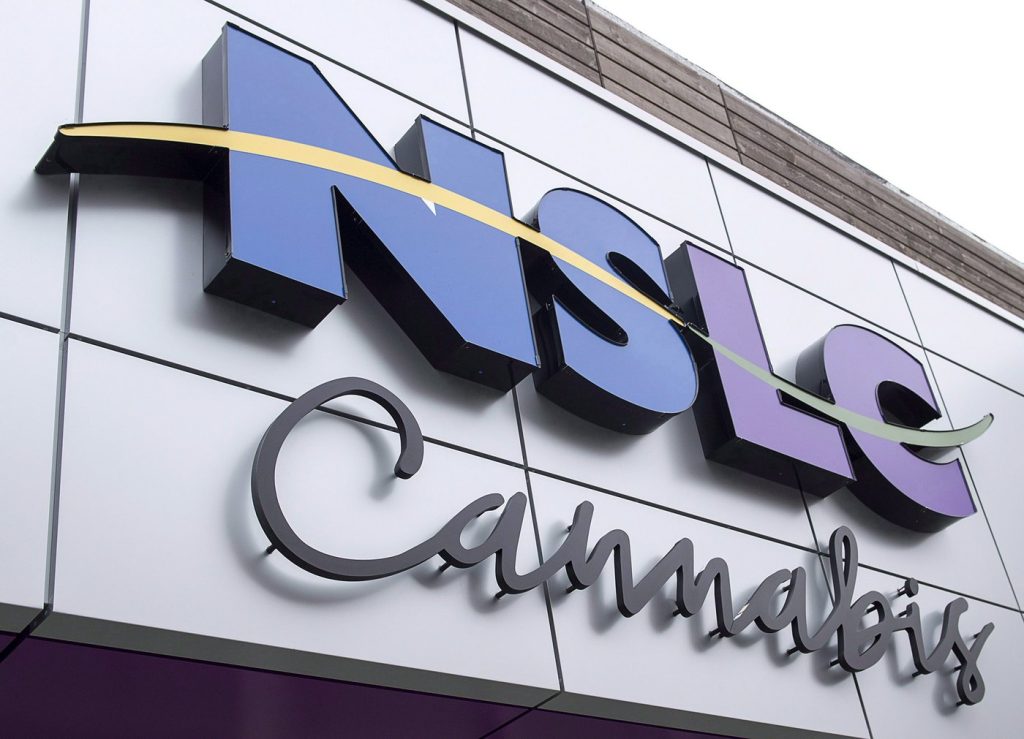Non-essential travel into Nova Scotia to be restricted for four weeks
Posted Apr 20, 2021 04:37:00 PM.
As of 8 a.m. on Thursday, Nova Scotia will be temporarily restricting who it lets into the province.
Those not coming from Prince Edward Island or Newfoundland and Labrador will not be allowed to enter unless they are permanent residents or their travel is essential.
At a Tuesday briefing, Dr. Robert Strang said a lot of recent cases have been travel-related, some are from rotational workers and temporary foreign workers, but not all.
“Given the impact these travel cases are having on Nova Scotia's epidemiology, we are taking a significant step to tighten our borders,” said the chief medical officer of health.
“This is a temporary measure that will be in effect for four weeks, but if we need to, we will extend this time and put further restrictions in place.”
Essential travel includes:
- people who live in Nova Scotia but their primary employment is in another province
- federally approved temporary foreign workers
- people who need to participate in-person in a legal proceeding in another province
- post-secondary students coming to study in Nova Scotia
- post-secondary students returning to their primary or family residence in Nova Scotia and parents who accompany them
- parents picking up a student in Nova Scotia to take them home as quickly as possible
- people who can demonstrate that they already have a new permanent address in Nova Scotia as of April 21 and are moving here permanently
- people traveling for child custody reasons following the child custody protocol
- people who are exempt from self-isolation following the exempt traveler protocol
- people traveling between Nova Scotia and New Brunswick for work, school or children in child care, following conditions in the protocol for travel between these provinces
Specialized workers needed for urgent, critical infrastructure work necessary for the province to function will also be allowed in, but other specialized workers will not.
Unless a traveller qualifies for the exempt traveller protocol, they must self-isolate for 14 days upon arrival.
“We will be increasing our enforcement of that quarantine to make sure people are quarantining as required, but we're also asking Nova Scotians to help,” said Strang. “Please do not socialize with family and friends who are meant to be quarantining.”
“One of our current clusters was the result of family and friends gathering with people who had recently come from Ontario.”
Nova Scotians can help out friends and family in self-isolation by picking up groceries and other essentials, as long as they don't come in close contact, because “doing so, as we can clearly see, puts us all at risk,” he said.
In addition, for the next four weeks, rotational workers will be required to fully isolate from their household members until their first test result comes back negative.
Strang said this can be done in the same home if appropriate protocols are being followed.
“After they have received that negative test result, they can follow the modified isolation protocol that allows them to interact with their family, be in outdoor places in the community and go to medical appointments,” he explained.
There will also be tighter restrictions on compassionate travel for the next four weeks. Those not from Atlantic Canada will not be allowed into the province for funerals and can only come for end-of-life visits under “exceptional circumstances.”
“To everyone else, we are saying do not travel to Nova Scotia at this time,” Strang said. “If you come here and your travel is not essential, you will be turned away or required to isolate at your point of entry at your own expense.”
Anyone who isn't a permanent resident but has a seasonal home here and is hoping to come for the summer, shouldn't plan on arriving until at least May 20, Strang said.
“And if you are a permanent resident here in Nova Scotia, we're asking you do not travel outside of Nova Scotia unless it's absolutely essential,” he added.
“If you have travelled outside of Nova Scotia, you won't be denied entry upon return, but you will have to follow the quarantine requirements like anybody else.”








